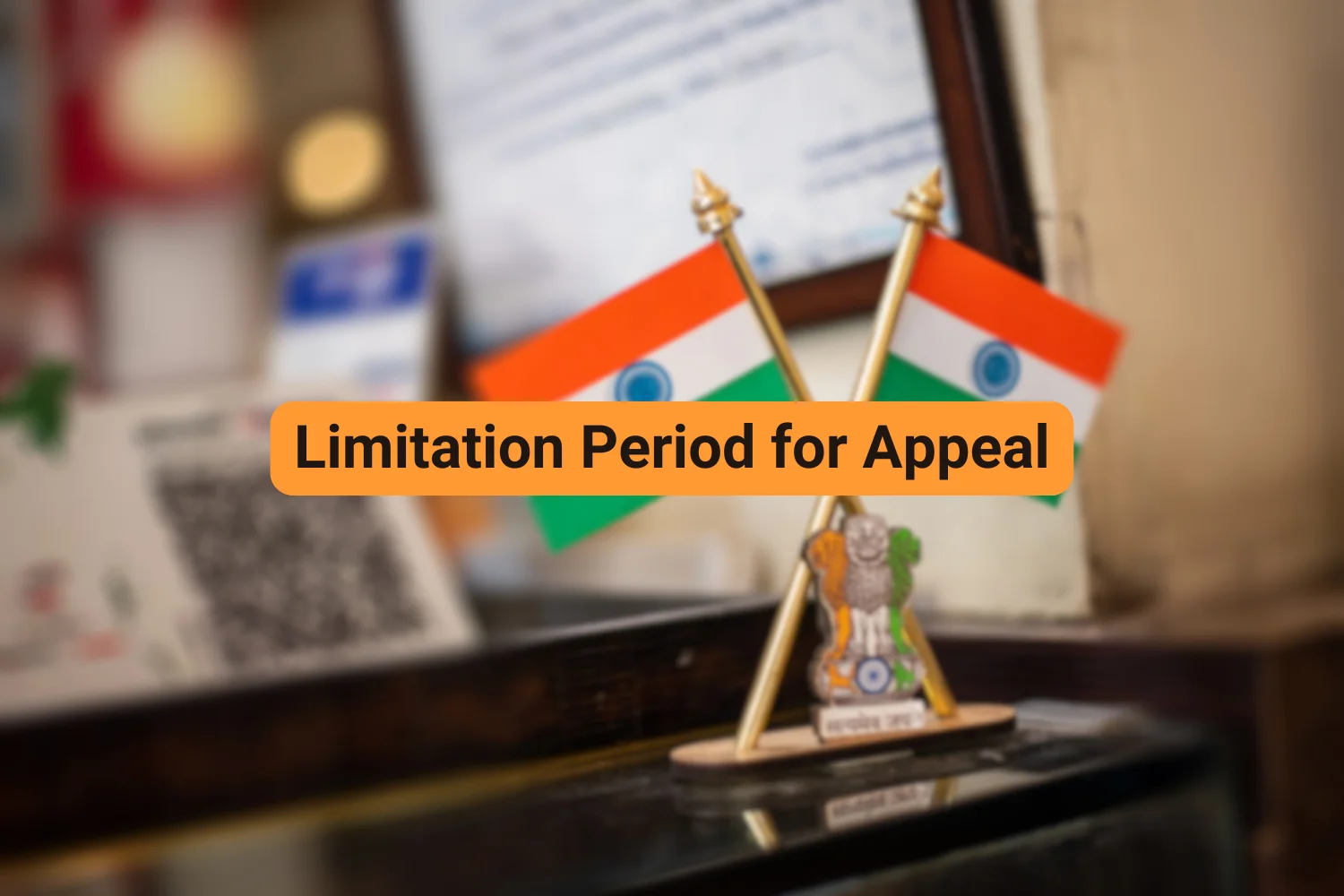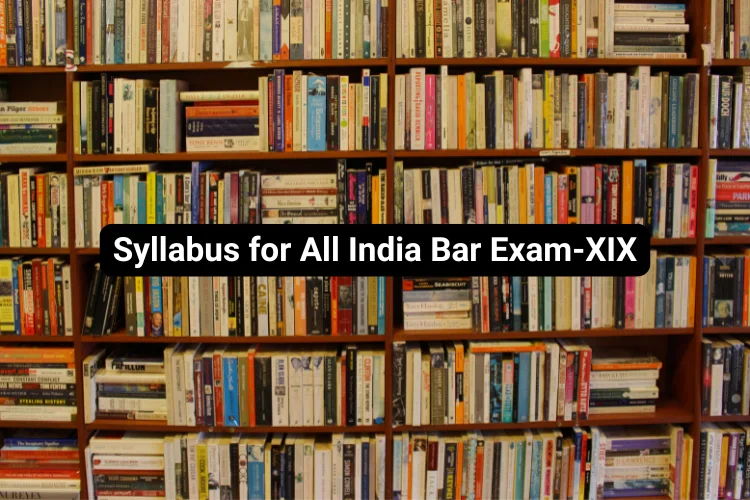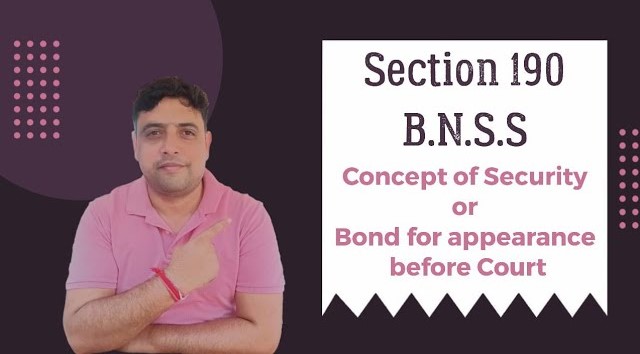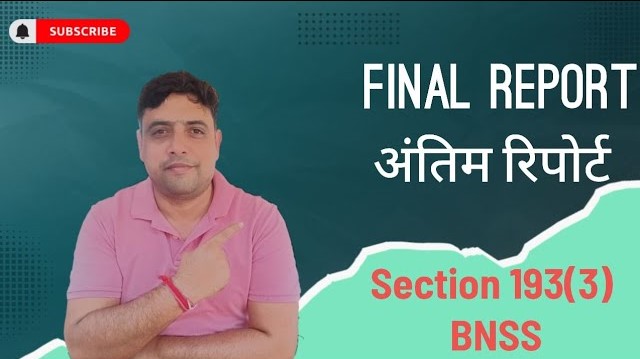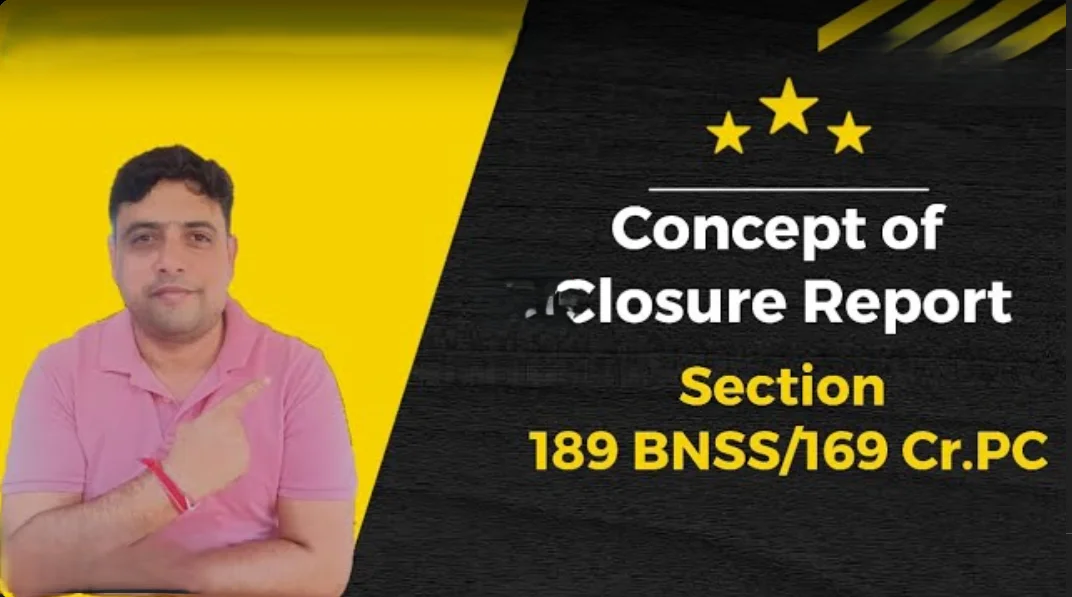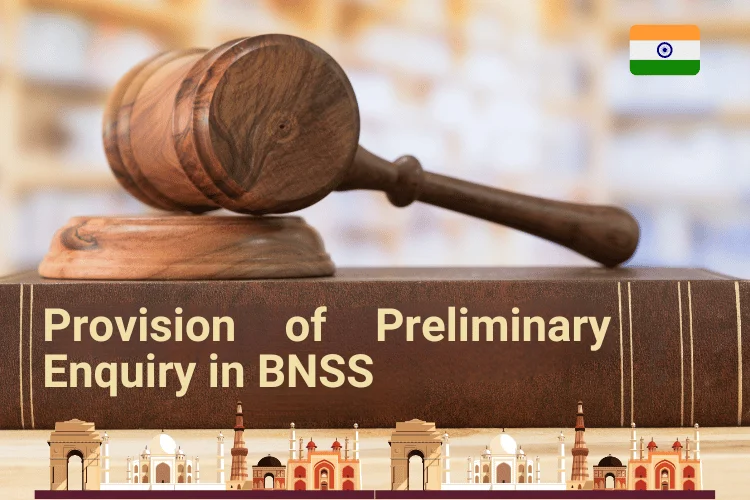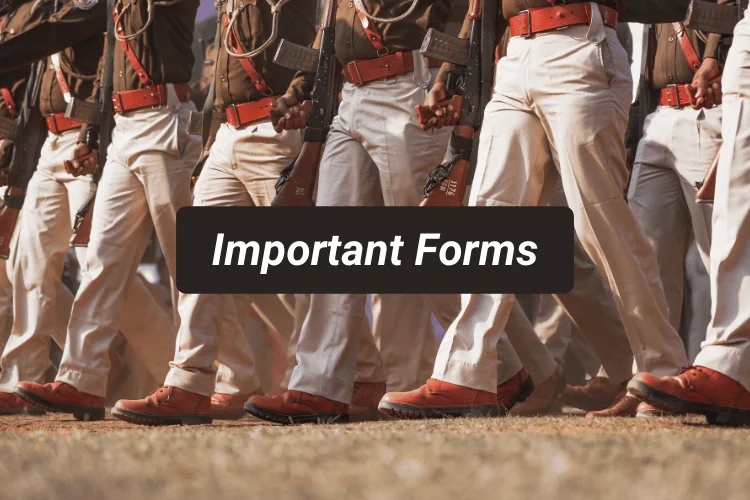CRIMINAL APPEAL: PROVISIONS REGARDING CASES IN WHICH NO APPEAL LIES
INTRODUCTION
In India, a criminal case is first tried in a trial court, either a Court of Magistrate or Court of Session, depending on the severity of the offense. The trial court then convicts or acquits the accused. If either party is not satisfied with the trial decision of court, they can appeal to the High Court.
MEANING OF APPEAL
Black's Law Dictionary defines appeal as "the complaint to the superior court of an injustice done or error committed by an inferior court, whose judgment or decision the court above is called to correct and reverse"
In Wiscart v. Dauchy , the court observed that appeal means the removal of a case from the jurisdiction of a subordinate court or inferior court to that of superior courts for the purpose of review or retrial. Thus, in simple terms appeal is a remedy available with a person or party who is satisfied with the decision of a judicial body provided there is another judicial body above to it in the hierarchy.
In simpler terms, an appeal is a remedy available to anyone dissatisfied with a judicial decision, provided there is a higher judicial body to which they can appeal. This hierarchical system allows for a review of decisions, ensuring fairness and justice.
The Code of Criminal Procedure contains two types of provision regarding Appeal :
-
General Provisions
General Provisions regarding criminal appeal are contained in Section 372-394 of the code. This chapter is decided into two parts :-
- Types of Appeals - When an appeal lies or not [372-380]
- Procedure for dealing with an appeal and powers of appellate court [Section 381-394]
-
Specific Provisions: Certain sections which gives the right of appeal that is Section 86, 250,351,449,454 and 458(2) etc.
TYPES OF APPEAL [SECTION 372-380]
Types of Appeal can be further divided into two parts :-
-
Cases in which no appeal lies
-
Cases in which Appeal Lies
-
Cases in which no Appeal Lies [Section 372]: According to Sec. 372 of the Code, There shall be no appeal except as provided under this Code or by any other law for the time being in force. However, in case of acquittal of the accused or conviction with lesser sentence, or imposing inadequate compensation, the victim shall have the right to prefer an appeal with the next appellate court.
The proviso to Section 372 which was inserted by amendment in 2008 deals with the rights of the victim to file an appeal against the following order:
- against acquittal
- against conviction for a lesser offence and
- against imposition of inadequate compensation
Malimath Committee : The Malimath Committee recommended that victims of crime should be given the right to appeal against acquittal under the proviso to the section, as they are the worst sufferers in the criminal justice system. The Committee noted that victims have a limited role in court proceedings and often face injustice, and therefore, they should be granted certain rights and compensation to prevent distortion of the criminal justice system.
The Committee referred to the Statement of Objects and Reasons, which highlights the tendency of the administration of Criminal Law to distort and victimize the sufferers. Therefore, the Parliament has given an unrestricted right to the victim to prefer an appeal against acquittal, ensuring that victims have a voice and can seek justice.
This recommendation aims to empower victims and provide them with a sense of justice and closure, which is essential for their rehabilitation and reintegration into society. By granting victims the right to appeal, the Committee seeks to address the imbalance in the criminal justice system and ensure that victims are not left behind in the pursuit of justice.
Case Law
Mallikarjun Kodagally v. State of Karnataka 2018, In this case , the Supreme Court of India made significant observations to promote the rights and interests of victims in the criminal justice system. The court emphasized that:
-
- Victims deserve compassion, respect, and access to justice mechanisms for prompt redress.
- Judicial and administrative mechanisms should be established or strengthened to provide expeditious, fair, inexpensive, and accessible redress to the victim
- Victims should be informed of their rights and the progress of their cases, especially in serious crimes.
- Victims' views and concerns should be considered at appropriate stages of the proceedings, without prejudice to the accused.
- Proper assistance should be provided to victims throughout the legal process.
- Measures should be taken to minimize inconvenience, protect privacy, and ensure safety from intimidation and retaliation to the victim
- Unnecessary delay in disposing of cases and executing awards to victims should be avoided.
Notably, the court also held that a victim can file an appeal under Section 372 of the Criminal Procedure Code without prior approval of the appellate court, in addition to the state. This ruling empowers victims to seek justice independently, ensuring their rights are protected and their voices heard in the criminal justice system.
Following are the cases in which no Appeal Lies :
NO APPEAL WHEN ACCUSED PLEADS GUILTY [SECTION 375]:Section 375 of the Criminal Procedure Code states that when an accused person pleads guilty and is convicted, there shall be no appeal:
- If the conviction is by a High Court
- If the conviction is by a Sessions Court, Metropolitan Magistrate, or Magistrate of the first or second class, except for the extent or legality of the sentence
This means that when a person is convicted based on their own guilty plea, he cannot appeal the conviction itself. However, he can still challenge:
- The legality of the sentence (e.g., if the sentence is not in accordance with the law)
- The extent of the sentence (e.g., if the sentence is excessively harsh) and
- If the guilty plea was obtained through trickery or coercion, the accused can argue that there was no valid plea of guilty.
Also, a person who pleads guilty is not necessarily accepting the punishment that the court will impose. They still have the right to challenge the severity of the sentence, except when the sentence is passed by a High Court.
NO APPEAL IN PETTY CASES [376] :Section 376 of the Criminal Procedure Code states that there shall be no appeal in the following circumstances:
-
-
High Court passes a sentence of:
- Imprisonment up to 6 months
- Fine up to Rs. 1000
- Both
-
Court of Session or Metropolitan Magistrate passes a sentence of:
- Imprisonment up to 3 months
- Fine up to Rs. 200
- Both
-
Magistrate of the first class passes a sentence of:
-
Magistrate empowered to act under Section 260 passes a sentence of:
- Fine up to Rs. 200 (in a summary trial)
However, an appeal may be brought if:
- Any other punishment is combined with the sentence
- The total amount of fine exceeds the specified amount
But, an appeal shall not be allowed merely on the grounds that:
- The person convicted is ordered to furnish security to keep the peace
- A direction for imprisonment in default of payment of fine is included in the sentence
- More than one sentence of fine is passed, if the total amount of fine does not exceed the specified amount.
Case Laws
Nawabali Haji (1932) 59 Cal 1131
For the purpose of appeal, aggregate of consecutive/concurrent sentences passed against the accused shall be deemed to be a single sentence. Thus, where two sentences of fine are passed, it is the aggregate which is to be looked at for the purpose of determining the right of appeal. If, in the case of the aggregate exceeding Rs. 100, a right of appeal is allowed, it follows that in such cases where the aggregate is less than Rs. 100 a right of appeal is barred.
Keshavlal Virchand (1911) 35 Bom 418
A Magistrate trying a case passed at first an unappealable sentence, but shortly afterwards, at the request of the accused, added a further sentence to the sentence passed so as to make it appealable. On appeal, the Sessions Judge struck out the added sentence and thereafter declined to go into the merits of the case, on the ground that the original sentence passed was not open to appeal. Held that when the Magistrate once passed the particular sentence, an appeal lay to the Sessions Court, independently of the question whether that sentence was passed legally or illegally. Once the Sessions Judge was seized of the appeal, he ought to have heard the appeal on its merits.
LIMITATION PERIOD FOR APPEALS
The Criminal Procedure Code (CrPC) does not specify a time limit for filing appeals, but the Indian Limitation Act (Article 115) sets out the following time limits for filing appeals in criminal cases:
30 days from the date of sentence for:
- Appeals against a death sentence passed by a Sessions Court or High Court (in its original criminal jurisdiction)
- Appeals to any court other than the High Court
60 days from the date of sentence or order for:
- Appeals to the High Court against any other sentence or order (not being an order of acquittal)
It is notably stated that these time limits apply to filing appeals in criminal cases, and the CrPC does not have its own specific limitation period for appeals.
CONCLUSION
The criminal appeal process under the Code of Criminal Procedure (CrPC) is a vital safeguard against wrongful convictions and inadequate sentences. The provisions of the CrPC, including Sections 391, 393, and 394, ensure that the appellate court has the power to review and correct errors, take additional evidence, and prevent miscarriages of justice.
The CrPC strikes a balance between finality and fairness, allowing for appeals against convictions and sentences while also ensuring that the legal process is not abused or delayed excessively. The limitation period for filing appeals, as prescribed under the Indian Limitation Act, adds a layer of certainty and finality to the process.
Through the criminal appeal process, the Indian legal system demonstrates its commitment to upholding the principles of justice, fairness, and the rule of law. By providing a robust and effective appeals process, the CrPC helps to maintain public trust and confidence in the criminal justice system, ensuring that justice is served and the rights of the accused are protected.







